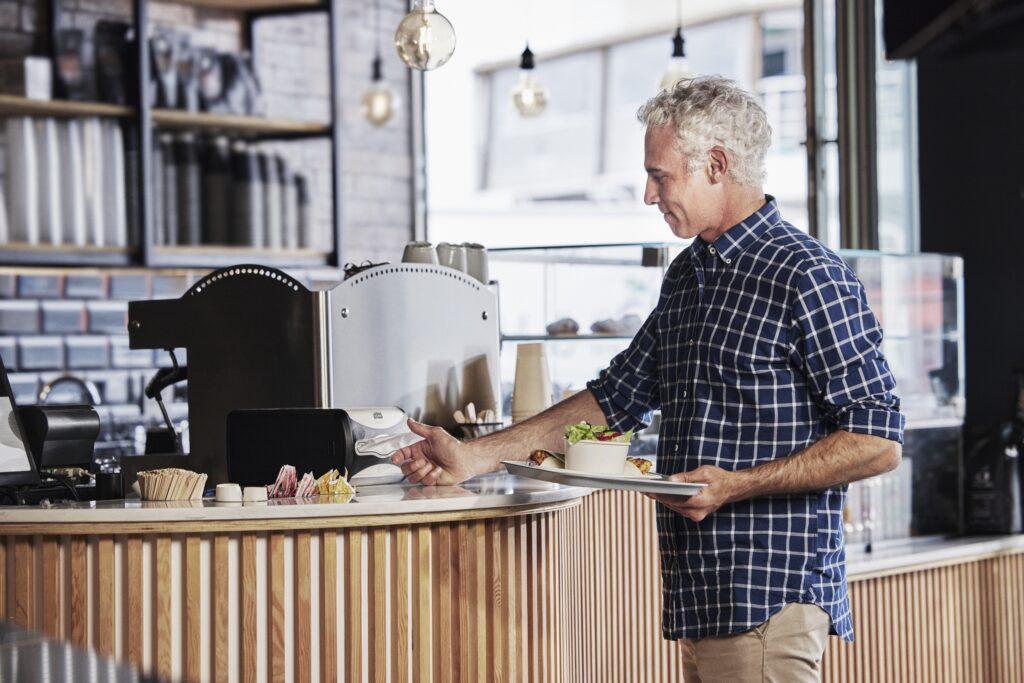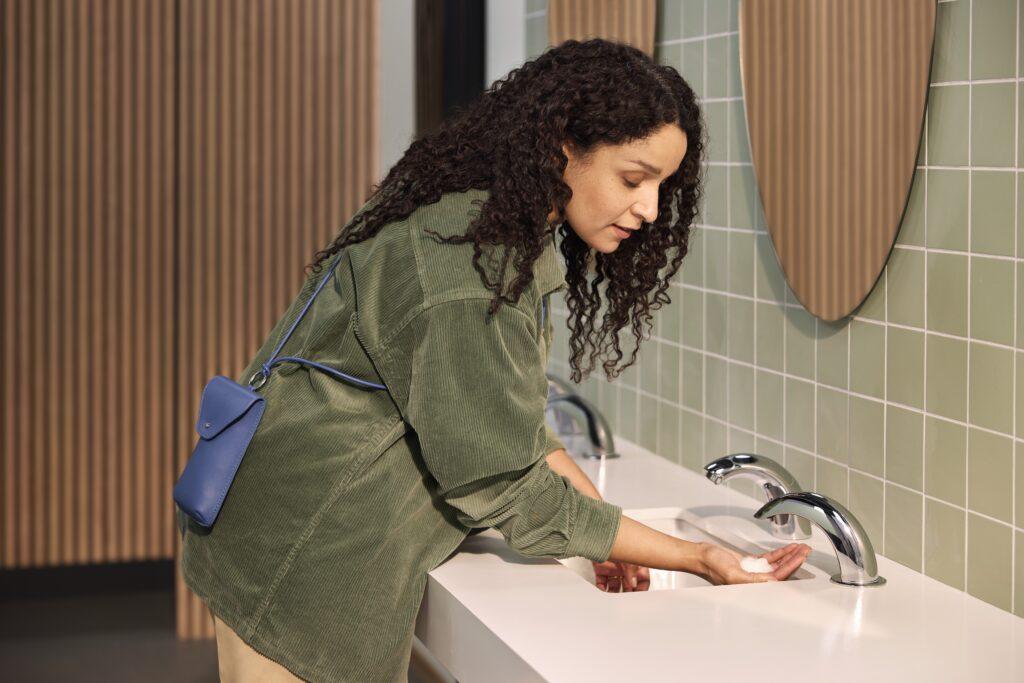Recent research: guests avoid restaurants with poor restroom conditions
In a Tork international survey, 73% of respondents said that unpleasant restroom experiences significantly influence their decision to return1 to a hospitality venue.
 The condition of restrooms is a key factor for restaurant guests – according to a survey by Tork, a brand of Essity. Nearly half of respondents said they remember public places and service venues where they had an unpleasant restroom experience and tend to avoid them in the future. For restaurants and cafés, this ratio is as high as 73% – meaning that a bad restroom experience strongly impacts whether guests will return.
The condition of restrooms is a key factor for restaurant guests – according to a survey by Tork, a brand of Essity. Nearly half of respondents said they remember public places and service venues where they had an unpleasant restroom experience and tend to avoid them in the future. For restaurants and cafés, this ratio is as high as 73% – meaning that a bad restroom experience strongly impacts whether guests will return.
“Whether stopping for a quick lunch or enjoying a fine dinner, the condition of the restroom plays a crucial role in the overall impression of a restaurant”
– said Géza Nagy, Director of Professional Hygiene at Essity.
“Guests often judge the cleanliness of behind-the-scenes areas, like the kitchen – where hygiene is vital for food safety – based on the condition of the restroom. A neglected or poorly equipped restroom can leave a very negative impression – and is a much more important factor than many would think.”
Paper towels preferred over air dryers
 For restaurant guests, a positive and comfortable “restroom experience” is based on easy accessibility, automation, and cleanliness. According to the respondents, the most important features are:
For restaurant guests, a positive and comfortable “restroom experience” is based on easy accessibility, automation, and cleanliness. According to the respondents, the most important features are:
- providing paper towels for hand drying (81% consider this important vs. 65% who prefer air dryers),
- automatic soap dispensers (78%),
- diaper disposal bins (74%),
- automatic faucets (73%),
- automatic toilet flushers (72%),
- signs reminding guests to wash their hands (68%).
The survey also highlights striking differences in how restaurant operators and guests perceive restroom hygiene:
- 92% of businesses believe it is important for their restrooms to be hygienic. Yet 57% of guests think public restrooms do not appear clean.
- 93% of restaurant managers believe restrooms should meet the needs of as many guests as possible – offering an inclusive, accessible hygiene environment.
- Still, fewer than half of managers said they provide basic inclusive features like low-mounted soap dispensers and sinks, gentle soap, sanitary waste bins, baby changing tables, or low-noise dispensers.
Inclusive hygiene: ensuring everyone can access the sink and soap
The goal of inclusive hygiene is to ensure restroom users – regardless of health status, physical ability, age, or hygiene needs – can access hygiene solutions more easily and
Related news
This is how we drink wine!
🎧 Hallgasd a cikket: Lejátszás Szünet Folytatás Leállítás Nyelv: Auto…
Read more >Related news
What is a Tesla doing in the story of Hungarian energy drink WATT?
🎧 Hallgasd a cikket: Lejátszás Szünet Folytatás Leállítás Nyelv: Auto…
Read more >The price of growth – the well-working Coop approach: An interview with Dr István Rédei, president-CEO of COOP Star Zrt.
🎧 Hallgasd a cikket: Lejátszás Szünet Folytatás Leállítás Nyelv: Auto…
Read more >Lidl Magyarország wins Top Employer award once again
🎧 Hallgasd a cikket: Lejátszás Szünet Folytatás Leállítás Nyelv: Auto…
Read more >







